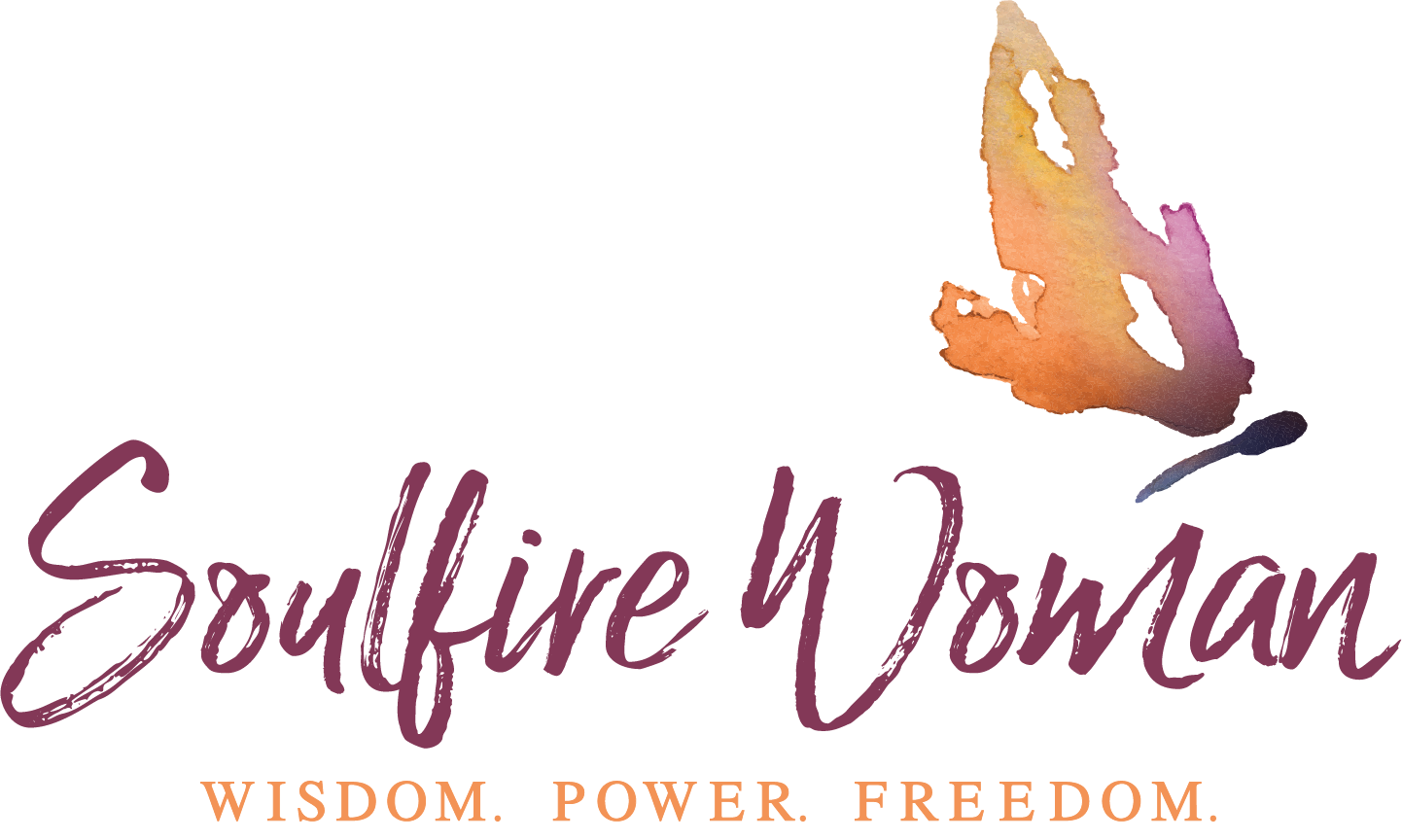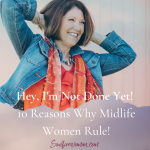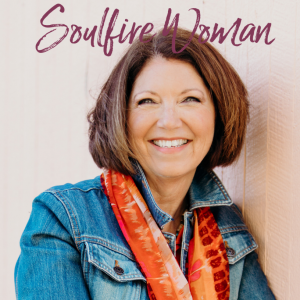I’m Just a Blue-Eyed White Girl

I’m White. In the wake of George Floyd’s murder, I know whatever I say will not be enough or right or politically correct. If I say nothing, I’m complicit. If I say something, it may be perceived as too White bread or too nice or I’m speaking for POC, Person of Color, in a way I should not.
I know I’ve said racist and offensive things and still do. I know I’m not supposed to say my “Black” friends, just my friends. Or act like I am color-blind. My “Black” friends though understand most people are racist through ignorance. I don’t claim to be otherwise.
I can only write from my experience and from my heart, not as an expert in anything.
I am one of the lucky ones. I don’t mean because I was born White. Yes, that’s true, that does make me lucky. If I were born female in many other parts of the world, my fate would be different. I mean I am lucky because of my early exposure to Black people and culture. I was lucky enough to be educated in what it might be like to be Black. Lucky because it made me a better person for it.
My first job out of college was in a press office for the state of Pennsylvania under a Republican governor. The head of our department, the Secretary, was a Republican Black woman from Philadelphia. She brought another Black woman with her from Philadelphia to work in the press office. We became fast friends. She told me the Secretary needed someone she could trust to have her back. This became more apparent as time went on. The Secretary knew she was entering uncharted territory as the Black female head of a department and as a Black Republican. In my ignorance, at the time I thought all Blacks were Democrats. Like I said I was being educated. It was the ‘80s. I would like to say a lot has changed since then. I can’t.
The Secretary took the train from Harrisburg to Philadelphia and back again every, single, day. No exceptions. She kept herself above reproach knowing that hanging around the Capital after dark only meant problems for a Black woman in authority who, because of only that, had a target on her back from the beginning. She held herself to a higher standard and made sure every Black employee did as well, telling them they needed to do and be better than the average White worker. My friendship with the Secretary’s right-hand person gave me privy to this information. I, too, became someone she could trust.
The Secretary’s emphasis was affordable housing for Blacks. She fought “redlining” in Philadelphia successfully and had made a name for herself. She didn’t want free housing for the poor, she wanted affordable housing. She said when you own something, you take pride in it, you maintain it and keep it up. Free doesn’t work, she said. I learned this myself later on a much smaller scale when I worked for community mental health. As long as a person paid even $1, they valued and committed to their therapy. Free, and they were most likely not to show up or be consistent.
Charlayne Hunter-Gault, an award-winning National Public Broadcast reporter, came to speak at a function. I had never heard of her before that day. My job that day was to get Ms. Hunter-Gault from place to place on time. Caught in the rain as we walked down the streets of Harrisburg, we ducked into a storefront alcove where we waited out the storm. I had a private one-on-one with Ms. Charlayne. She told me White people make the mistake of thinking Jesse Jackson speaks for all Blacks. In my mind, I’m thinking, he doesn’t? He was the most vocal Black back then. She informed me that Blacks are not one voting bloc, that they have differing opinions and ideas about welfare, jobs, housing and education. News to me. Again, in my ignorance, up until that point I thought that too.
My co-worker, her sister and I hung out together often. She took me to Black bars on the Hill, and I took her to White establishments. She gave me an education in being Black. She told me she and her family moved North from the South when she was young. She thought racism, prejudices and bigotry were much worse in the North, a surprise to me. She said in the South you knew what you were dealing with, it was in the open. In the North people acted one way and said another behind your back. Besides, in the South at least we all ate the same food, she said.
One night we were out at a popular White establishment where Capital workers frequented. We ran into the Governor’s right-hand man who chatted it up with my co-worker about what a great job we were doing in Pennsylvania under the Governor’s leadership. She introduced me. We went back to eating. She talked about how exciting it was to converse with him about our work.
The next day, my co-worker came into the Press Office like a hornet who had just gotten stomped on. Kelley, she yelled, that’s what she called me. Tell me exactly what happened last night. I repeated back our evening together meeting the Governor’s assistant. That’s exactly right, she huffed.
The Governor’s assistant had gone back and told whomever that she had disrespected the Governor and should be fired. That person called the Secretary promptly the next morning. She knew better, and understood it for what it was, a way to undermine her and her credibility. I bore witness. It was a moment of complete understanding. The forces of deceit, using boldface lies to take a Black person down. Why? Because he could. Because he had the White, male privilege to do so, the good old boys’ network. The Secretary was right from the beginning. She needed to watch her back. She was not safe. Ever.
I was lucky enough to go on from there to work at a rural University in south central Pennsylvania for a President who made cultural diversity and education for lower socioeconomic students his mission. I didn’t know at the time how challenging and what a novel this idea actually was. Picture this college in a hamlet of 5,000 in the midst of Amish and Mennonite country with the closest towns only small towns themselves.
He set out to hire minorities. He made sure minorities were considered in every employee search. He promoted minorities. He created programs to help minority students succeed. During every Black History Month, major speakers were brought in as part of fund-raiser for these programs. One year it was Jesse Jackson. He told us White people assume that the majority of people on welfare are Black. Not true. The majority are White, he said. What? Wait a minute, not minorities? Not only that, he said, they are White single women who are the head of households. Blew. My. Mind. White women trying to support themselves and their families. Changemaker. Ideological shift.
I later attended this same college for my graduate degree in counseling. By then cultural diversity was an interest of mine. I was fascinated by how the different cultures approached counseling. As part of my training, I was asked to watch the video of a teacher, Jane Elliott, who after Dr. Martin Luther King was shot, decided to teach a lesson to her 3rd grade class on what it is like to feel oppressed and less then. Watching this film moved me in a profound way. It also changed my life. It changed my politics. To see how easily we become indoctrinated, how easily we assume power over others, helped me to understand what minorities are up against from birth. If you haven’t seen this video, you owe it to yourself to watch.
After a lot of years in-between, I went to work at a University in the South. One of my good friends, a Black male, a very successful Black male, told me he says a prayer of gratitude every day for making it to work safely. My heart exploded. Another lesson. In that moment, I got it. No Black man, not even a successful one, can ever feel truly safe. A simple traffic stop could lead to arrest or to being shot.
I could go on and on. All of us at a meeting when one of the staff referred to Blacks as “colored.” Not a one of us said a thing. We were asked what we thought of it later by a Black staff member, as a way of calling us out. Of course, we shared embarrassment and outrage, we were educated, and not a one of us said a thing in the moment. Or the time we had a presentation about micro-aggressions that ended up offending, yup, the White male staff.
And me, not recognizing my Black clients quite as easily as my other clients. A realization that hit me hard and made me wonder about the difficulty of identifying Blacks as suspects in crimes.
All these years later, I know I still am ignorant in many ways and have blind spots. My Black friends kindly continue to educate me. They let me ask what must seem like inane questions to them. Like the day we spent a whole lunch hour talking about Black hair, the history of Black hairstyles and perils women go through to straighten their hair. And that Black women do not like you to touch their hair. Don’t you know that I go and do this then at another time, go and touch my friend’s daughter’s hair. Michele Obama talks about her hair in her book, Becoming, too. How she had to straighten it be acceptable to the American public. She truly believes President Obama would not have been elected if she wore an Afro. If you want to learn and educate yourself about what it’s like growing up Black and growing up Black in Chicago, read this book.
I’m obviously no expert, not even close. I only have my experiences. Experiences I try to learn from and take to heart. I do sincerely, genuinely seek out how to understand better so that I don’t make assumptions or pass judgments. I try and educate myself. I know I will do this for life.
I urge you to do the same. In my way of thinking, ultimately empathy is the only way to heal a divide. For empathy to happen, education and knowledge have to happen.
Like I said. I’m one of the lucky ones. I’ve had on-the-job education. I’ve sought it out. I’ve been open to it, changed by it. I am so very, very grateful. My life is so much richer and fuller as a result.
I want to keep learning, to know more. I hope you do too.
Here are a few resources to help you :
The Southern Poverty Law Center
NAACP Criminal Justice Fact Sheet
75 Things White People Can Do For Racial Justice
9 Surprising Facts About Welfare Recipients
What is White Privilege, Really?
Everything You Need to Know About Microagressions
Pin and Share





Awsome website! I am loving it!! Will come back again. I am bookmarking your feeds also.